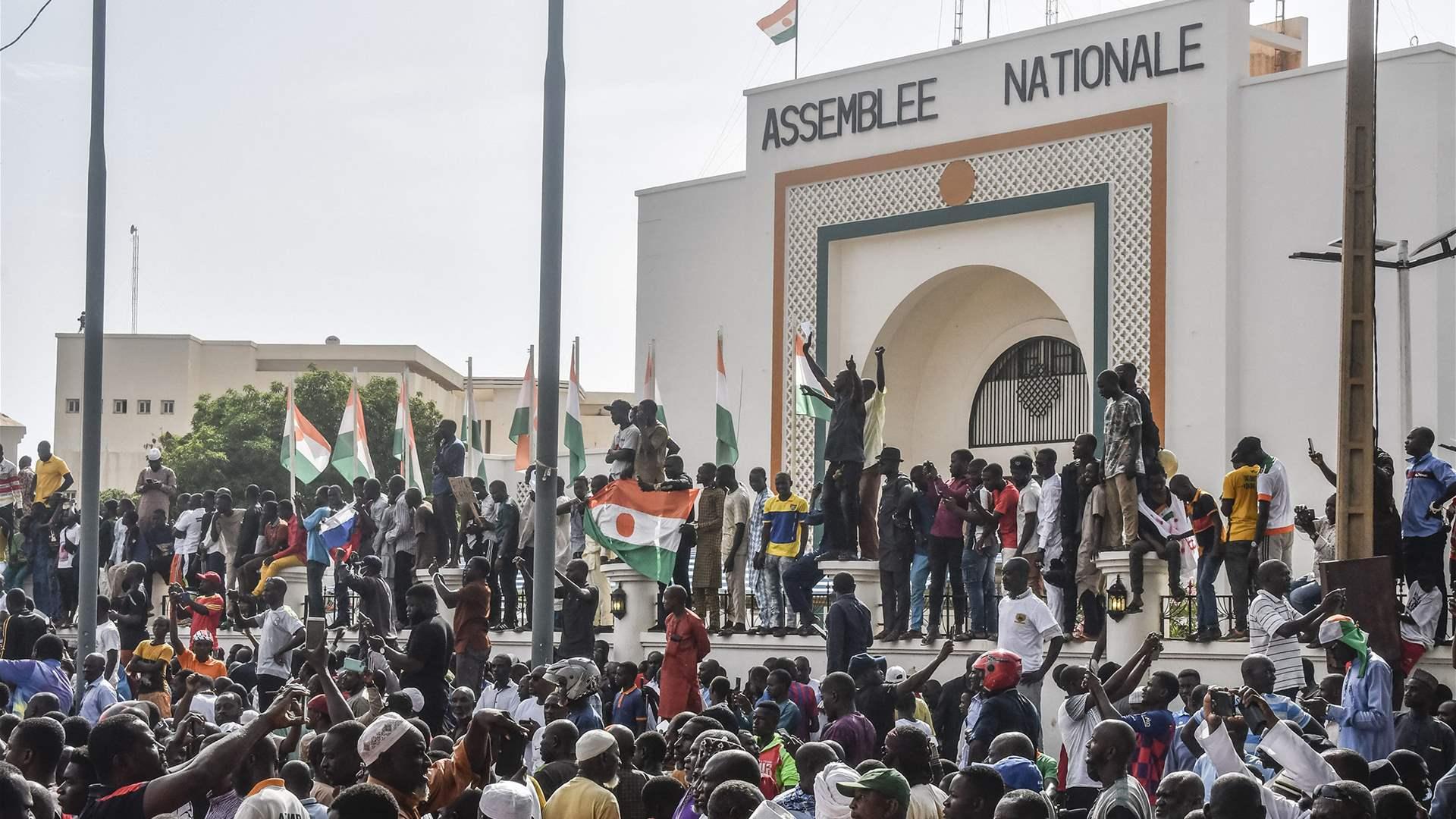
Niger’s ambassador: coup risks destabilizing the region
Niger’s Ambassador to Washington warned on Thursday in an interview with Agence France-Presse (AFP) that the military council behind the coup must “return to reason,” or risk pushing the country towards collapse, leading to instability across the entire Sahel region. He expressed concerns that Russian mercenary group Wagner might exploit the situation.
Kyari Liman-Tingiri, who serves as Niger’s Ambassador to the US, stressed that “if Niger collapses, the entire Sahel region will be the first to collapse, and its stability will be destabilized.” He added, “There will be no way to protect the Sahelian and West Sahelian countries, and there will be Wagner and jihadists who will control Africa from the Sahel to the Mediterranean Sea.”
Liman-Tingiri stated, “I don’t wish my country to fall into the hands of mercenaries when we see the destruction and crimes they committed elsewhere” in Libya, the Central African Republic, and Mali.
On Thursday evening, the coup leaders in Niger announced, via national television, the “termination” of Liman-Tingiri’s and other ambassadors’ missions to France, Nigeria, and Togo.
US officials state that they have no “indicators” of Wagner’s involvement in the events in Niger, but they fear that the mercenaries, based in neighboring Mali and suspected to be present in Burkina Faso, might take advantage of the situation.
The Nigerien diplomat asked, “Who wants that?” and urged the military council to “listen to the rest of the world,” from the US to European and African countries that condemned the removal of the ousted elected president, Mohamed Bazoum, from his residence.
He emphasized that Bazoum remains “the legitimate president of Niger” for him, condemning the “unjustified and unjustifiable coup attempt,” expressing concern about its “destructive consequences.”
The Economic Community of West African States (ECOWAS) previously imposed sanctions on Niger in an attempt to pressure the coup plotters to restore constitutional order, even not ruling out the use of force.
Liman-Tingiri said, “The sanctions have already begun to have an impact. We see it in Niamey. There is no electricity, and some essential products have seen their prices rise significantly.” He noted that the price of rice increased by 40 percent in forty-eight hours.
He reminded that Niger, one of the world’s poorest countries, heavily relies on foreign aid, which represents 40 percent of the country’s budget.
The ambassador said, “There will be serious consequences if we allow this situation to continue. We have many displaced people and refugees, how will we feed them tomorrow if all our partners reject us?”
He added, “The military council must return to reason and realize that this issue cannot succeed and to avoid unnecessary suffering for our people and to restore power to the person whom the sovereign people entrusted it to.”
The ambassador stressed that if negotiations with the military council fail, there will be “no other option but to use force,” even though “nobody wants war.”
In response to questions about the support provided by the United States, which condemned the attempt to seize power without yet calling it a “coup,” the Nigerien ambassador responded, “On the day the term coup is used, everything will disappear.”
He added, “We succeeded in containing ISIS and Al-Qaeda because we have help from our friends.”
Officially labeling the events in Niger as a coup might force the US to cut off its economic and security assistance to the country, which is considered a vital ally to the West in the turbulent Sahel region.
Liman-Tingiri declined to reveal whether he is optimistic about the possibility of the military relinquishing power to a civilian government, but he stated, “If that does not happen, then what will happen will certainly be a catastrophe.”
Source: lbcgroup





